Subdivision and Development Projects
Our dedicated team of property lawyers, led by Simon LaBlack, 1 of only 25 accredited property law specialists in Queensland assist our clients with all manner of small to large-scale subdivision and development projects.
We deliver accredited specialist property law advice to deal with all matters that may arise in relation to our clients’ projects, including:
entity structuring and joint venture agreements;
transfer duty advice;
site selection, feasibility and due diligence;
contract negotiation, drafting and review;
put and/or call option negotiation, drafting and review;
nomination agreements;
tailored special condition drafting and review;
tailored due diligence assistance and advice;
completion of any conveyancing matters to settlement;
assistance with any disputed matters;
assistance with any ongoing project matters and documents including CMSs, BMSs, easements, covenants, leases, licences, mortgages, business cases and construction contracts;
registration of all documents with the Titles Registry;
off-the-plan contract drafting, including disclosure statement preparation;
sale of unregistered and/or registered lots;
working with our clients’ team of consultants to deliver a seamless experience.
If you want absolute peace of mind for your next project, contact us and have an accredited property law specialist guide you through the legal aspects of each element of your project.
DUE DILIGENCE FOR DEVELOPMENT PROJECTS
In our view, one of the most critical elements of any development project is the completion of an appropriate ‘due diligence’ on the proposed development site.
Perhaps even more critical, is the understanding that due diligence is comprised of many elements, such as legal, financial, practical and physical factors etc. that are relevant to each project. Each of these will feed in to a business case or feasibility assessment of the proposed project to determine if it is a project worth undertaking.
Whether a site is being acquired under a conditional contract or using put and/or call options, the manner in which a due diligence condition (or option) is drafted could have a significant effect on a developer’s position.
Critically, on a practical level, if a due diligence condition is to have the desired effect, it needs to be appropriately worded so as to:
permit a buyer to receive the level of access to the property required by the buyer (with necessary consultants and experts to conduct the required investigations such as soil tests, compaction testing, invasive inspections etc.);
permit a buyer to obtain, and require the seller to provide, all necessary information relating to the property (such as plans, infrastructure details, certificates etc.);
give a buyer its desired rights with respect to the full scope of a buyer’s desired investigations or requirements (rather than, through loose drafting, limiting those rights unintentionally);
consider any existing use of the property, any leases current on the property and any other restrictions on access for due diligence purposes; and
deal with the risk elements associated with conducting due diligence investigations on the property.
Ensure your due diligence condition or option is drafted comprehensively to fully protect your interests so that you minimise your exposure during the investigation stages of your project, and maximise the benefits you can reap from your project.
Don’t leave your next development site to chance - and don’t leave your next due diligence condition or option open to challenge or interpretation.
For specialist assistance in drafting or reviewing your next purchase contract or option and for all subsequent stages of your project, contact us today.
SEE OUR RELEVANT BLOG POSTS BELOW:
Important Disclaimer: The material contained in this publication is of a general nature only and is based on the law as at the date of publication. It is not, nor is it intended to be, legal advice. If you wish to take any action based on the content of this publication, we recommend that you seek professional advice.











